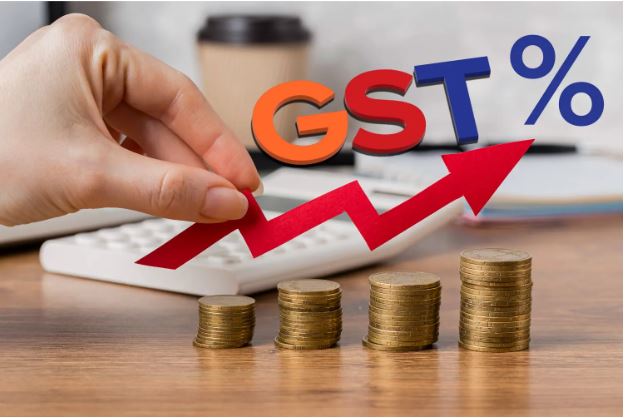Taxation has always been a complex aspect of business operations. It becomes more tricky when dealing with multiple types of taxes, each demanding attention and compliance.
However, the introduction of the Goods and Service Tax (GST) by the Indian Government in 2017 significantly streamlined the tax landscape. Every business in India, whether a large multinational corporation or a humble local startup, must obtain a unique GST Identification Number (GSTIN). This article will explore why having a GSTIN can benefit your business in 2024.
One of the significant benefits of having a GSTIN for your business is the enhanced credibility it confers. With a GSTIN, companies demonstrate their compliance and transparency to their customers and competitors. It communicates that you’re a responsible business that takes its financial obligations seriously. Customers are more likely to trust and engage with businesses that can display this level of accountability.
When you possess a GSTIN, it facilitates the claiming of Input Tax Credit (ITC). Under the GST regime, businesses can benefit by decreasing their due tax, which can be offset against the tax they have paid on input goods/services. For businesses, this can result in significant cost savings, potentially enhancing profitability. Without a GSTIN, however, this advantage becomes inaccessible.
Another aspect worth mentioning is the concept of seamless inter-state transactions. Before GST, inter-state business transactions were fraught with confusion due to the imposition of hefty Central Sales Tax (CST). The introduction of the Integrated GST (IGST) under the ambit of GST has made inter-state commerce smoother, more comfortable, and more profitable. Supplementing this, possessing a GSTIN allows businesses to undertake inter-state transactions effortlessly.
Before we had GST, the tax structure was cascading, implying tax-on-tax, pushing the cost of goods and services exponentially. Now, with the introduction of GST businesses can evade this ‘tax on tax’. The GST design is such that it is levied only on the value addition at each stage, which eliminates the cascading effect of tax. This has been a revelation for businesses and one of the most compelling reasons to obtain a GSTIN.
A variety of types of GST, namely Central GST (CGST), State GST (SGST), and Integrated GST (IGST) have enabled uniformity and clarity in the taxation process. CGST and SGST are levied on intra-state transactions, with the revenue equally divided between the centre and the respective state. On the other hand, IGST is levied on inter-state transactions, with the revenue going to the centre. Understanding these types of GST can be quite tricky without a GSTIN, hampering the effectiveness of your business operations.
Complying with GST and obtaining a GSTIN facilitates the ease of doing business. It increases the potential to widen your customer and vendor base because many businesses prefer to engage with GST compliant businesses to claim their Input Tax Credit. This paves the way for your business to engage in larger networks, alliances, and partnerships, expanding your horizon.
Having a GSTIN also aids in availing government benefits, subsidies, and schemes aimed towards businesses. The Indian government often announces incentives for GST-registered businesses to encourage compliance. Entrepreneurs who do not have a GSTIN miss out on these lucrative financial benefits.
In sum, having a GSTIN for your business in 2024 isn’t just about adhering to the law; it’s about financial prudence, business credibility, and growth potential. With a GSTIN, you are better positioned to navigate the tax landscape, powered by the strength of transparency, compliance, and understanding of the various types of GST. While the process of obtaining a GSTIN demands due diligence, the benefits it unlocks significantly outweigh the efforts. Therefore, consider GSTIN as more than a legal requirement – consider it a driver for your business prosperity in 2024 and beyond.





